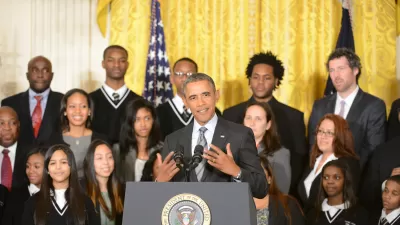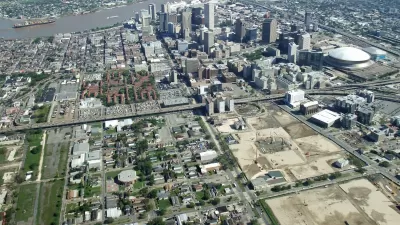The fall is high season for school visits from prospective students. I am a great believer in doing this remotely—while some greenhouse gases are generated by a Google search it is far less than a plane ride to a distant campus. I suggest visiting schools only after you have been admitted (and not even then if you don’t have a really crucial question that can only be answered on site). However, if you can’t bring yourself to even apply to a school in a place you’ve never visited, and promise to buy carbon set asides, a tour may be worth it. The following tips can help you make the most of the school.
The fall is high season for school visits from prospective
students. I am a great believer in doing this remotely-while some greenhouse
gases are generated by a Google search it is far less than a plane ride to a
distant campus. I suggest visiting schools only after you have been admitted
(and not even then if you don't have a really crucial question that can only be
answered on site). However, if you can't bring yourself to even apply to a
school in a place you've never visited, and promise to buy carbon set asides, a
tour may be worth it. The following tips can help you make the most of the
school.
- Try to
go to an open house. You'll not only meet faculty and see the school,
you'll also meet students who might be your graduate school peers. - If you
are going independently, don't contact faculty directly to organize your
visit, except as a last resort. Most schools have a graduate program administrator
who can provide information and assist with campus visits. If there isn't
an administrator, a faculty member who is the program director may have
this as part of their job description. They can coordinate schedules
better than you could. - Come
prepared. Read the web site for the program and come with additional
questions for the program administrator, faculty, or students. If the
question is fully answered on the web site, don't ask it-use the time to
check out the local area. - Ask
questions that show you have investigated the school. Don't start an
interview with a faculty member by asking "Tell me about your research".
If they have a strong research program their publications will be
available and they will wonder why you haven't read them; if they don't, you'll get to hear about the Environmental Impact
Statement they wrote for a highway rest stop in 2001. Instead ask
questions along the following lines (and these are just a sampling--there are many more):- "I
noticed you have written a lot on solid waste disposal planning, has
there been much funding around for that kind of thing recently?" This
indicates you know their research and want to understand the logistics of
doing it; it can also help you raise the issue of research grants and
contracts (including funding for students). - "What
do you think students like most about the program?" - "What
campus-wide opportunities and resources do students seem to appreciate
the most?"
- "I
- Talk
with students as they can provide a really valuable perspective. - Do a basic
campus tour to get oriented and find out the range of facilities. - Don't
expect faculty to review your vita or statement. Many faculty won't do it out of
fairness to other candidates and in consideration of the time it takes
away from work they could be doing with current students.
For other advice on applying to graduate school see my
recent post
on writing statements of purpose and my earlier one on applying to
graduate school.

Manufactured Crisis: Losing the Nation’s Largest Source of Unsubsidized Affordable Housing
Manufactured housing communities have long been an affordable housing option for millions of people living in the U.S., but that affordability is disappearing rapidly. How did we get here?

Americans May Be Stuck — But Why?
Americans are moving a lot less than they once did, and that is a problem. While Yoni Applebaum, in his highly-publicized article Stuck, gets the reasons badly wrong, it's still important to ask: why are we moving so much less than before?

Using Old Oil and Gas Wells for Green Energy Storage
Penn State researchers have found that repurposing abandoned oil and gas wells for geothermal-assisted compressed-air energy storage can boost efficiency, reduce environmental risks, and support clean energy and job transitions.

Minneapolis Bans Rent-Setting Software
Four cities have enacted restrictions on algorithmic software that can inflate rent costs.

Oakland to Add 244 New EV Chargers
Oakland plans to launch its new charging network at eight locations by the end of 2025.

Jane Goodall Inspires with Message of Hope, Resilience, and Environmental Action
Speaking in Pasadena, Jane Goodall offered a hopeful and inspirational message, urging global compassion, environmental responsibility, and the power of individual action to shape a better future.
Urban Design for Planners 1: Software Tools
This six-course series explores essential urban design concepts using open source software and equips planners with the tools they need to participate fully in the urban design process.
Planning for Universal Design
Learn the tools for implementing Universal Design in planning regulations.
Heyer Gruel & Associates PA
City of Moreno Valley
Institute for Housing and Urban Development Studies (IHS)
City of Grandview
Harvard GSD Executive Education
Salt Lake City
NYU Wagner Graduate School of Public Service
City of Cambridge, Maryland






























